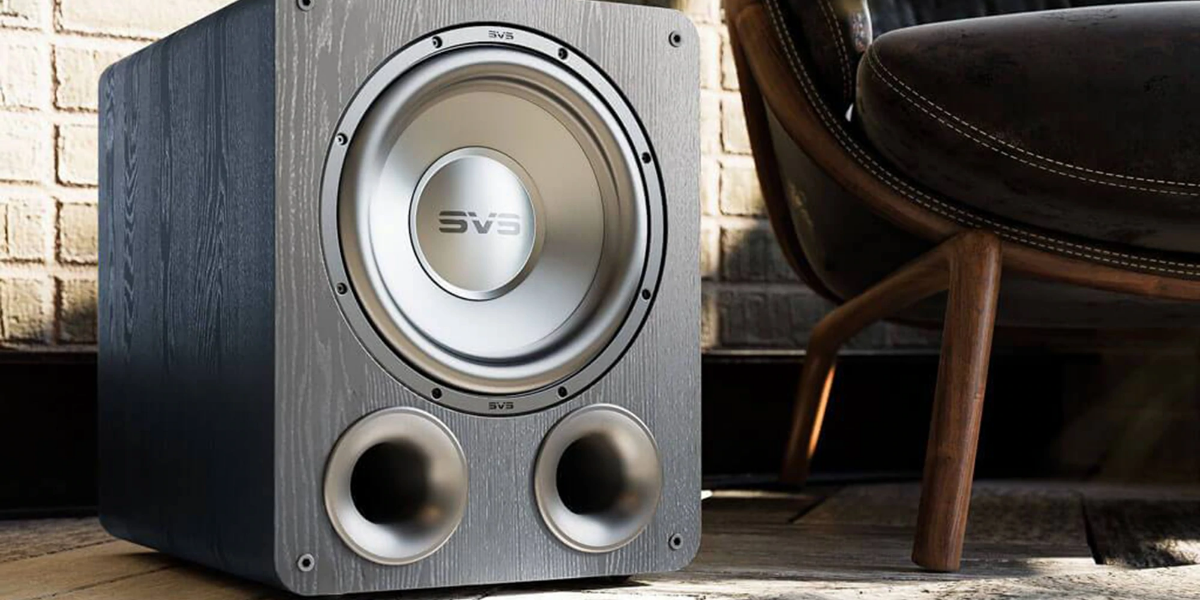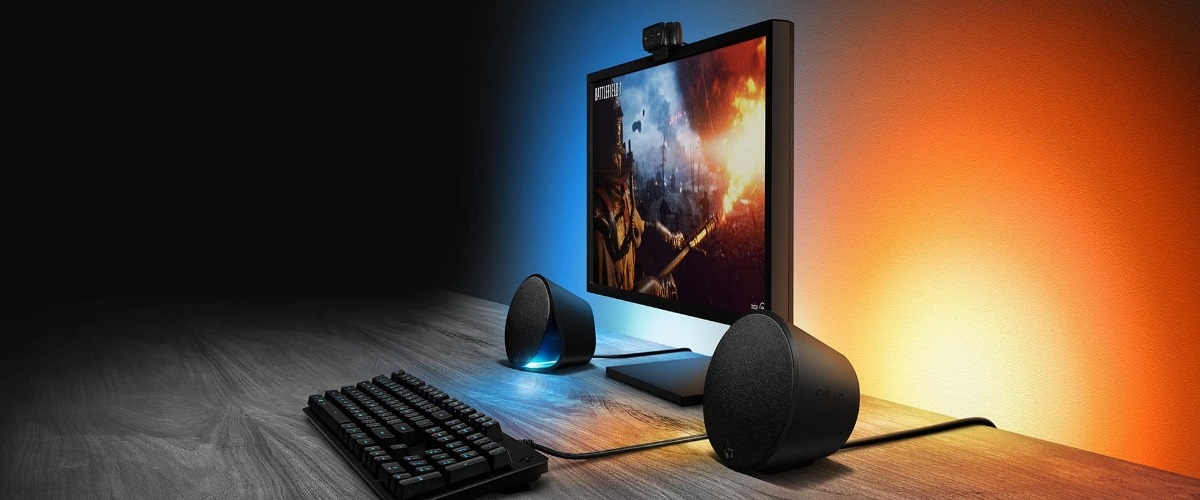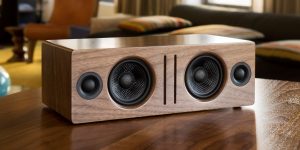No, not necessarily. Some people prefer smaller dynamics, like soundvibe speakers, because they are easier to transport and set up. Others find that larger speakers produce a fuller sound.
Generally, the size of a speaker has no relation to the quality of sound it produces. A well-made small speaker can sound just as clear as a large one. At the same time, some people argue that larger speakers tend to have a wider frequency range and can reproduce lower bass notes more effectively than smaller ones. As a result, it makes the sound better.
Many factors can affect sound quality, so it is up to the listener to decide what sounds best. It all comes down to the design, materials, craftsmanship that went into making the speaker, and a lot of other things. In general, though, the best way to judge speaker quality is by listening to them yourself.
What influences the speaker’s sound?
Different factors influence the sound of a speaker, including the size and shape of the room, the type of material used to construct the speaker, and the speaker’s placement in the room. All of these factors can affect how sound waves bounce off surfaces and how our ears ultimately receive them.
Room size
In general, smaller rooms tend to produce more reflections and can cause sounds to become muddy or unclear. It is why many recording studios are designed with sound-absorbent materials like foam on the walls and ceilings – to minimize these reflections and create a clear, “dry” sound. On the other hand, larger rooms can lead to a more “echo-y” sound.

Materials
The type of material used to construct a speaker can also affect sound quality. For example, speakers with metal drivers tend to produce a more accurate and detailed sound, while those with plastic drivers may sound more “muffled” or “boomy.”
Placement of speaker
Finally, the placement of a speaker in a room can also influence the sound. For example, placing speakers near walls or corners will cause sound waves to bounce off those surfaces and create a “reverb” effect. Conversely, placing speakers in the middle of a room will minimize reflections and produce a more “direct” sound.
You can optimize your listening experience and get the most out of your speakers by taking these factors into account.
What determines how loud a speaker is?
The size of the speaker cone, the power of the amplifier, and the speaker’s sensitivity all affect how loud a speaker can get.
- The size of the speaker cone determines how much air the speaker can move and, therefore, how much sound it can produce.
- The amplifier’s power affects how loud the speaker can get because it amplifies the signal that the speaker cone produces.
- The speaker’s sensitivity determines how efficiently it converts electrical energy into sound energy. The higher the sensitivity, the louder the speaker will be.
Many other factors affect how loud a speaker is, but these are the three most important.

What features to consider if I want to get a speaker with a high sound quality?
There are a few key features to keep in mind when it comes to speaker quality.
First, the speaker’s wattage is essential for determining how loud it can get. Besides, pay attention to some other specs of the speaker. For example, make sure it has a good frequency response and low distortion.
Second, the size of the speaker driver (or woofer) is also essential for sound quality. Larger drivers tend to produce better sound quality overall.
Finally, the type of speaker enclosure can also impact sound quality. For example, sealed or ported enclosures tend to produce a better bass response, while open-back enclosures can produce more natural-sounding midrange frequencies.
Moreover, in any case, the good idea is to look at reviews from trusted sources to see what other people think of the sound quality. Then, finally, listen to the speaker yourself to see if it meets your needs.
We are supported by our audience. When you purchase through links on our site, we may earn an affiliate commission at no extra cost to you.
Our newsletter
* We will never send you spam or share your email with third parties




